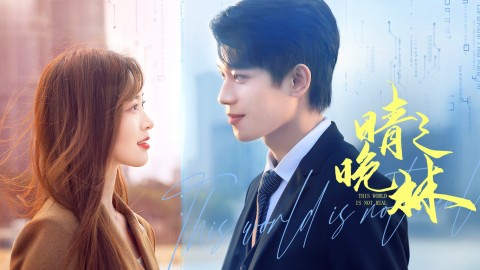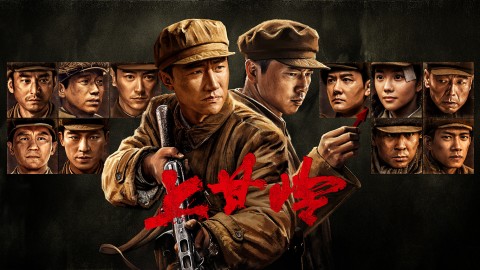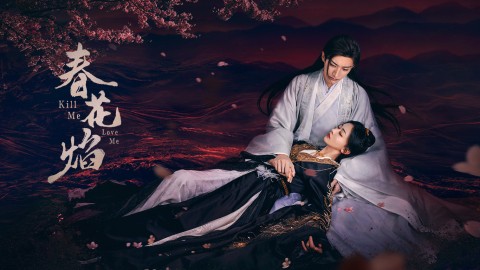Exploring the Art of TV Drama Naming: Beyond Traditional Grammar and Cultural Depth
In this age of information explosion, various forms of entertainment products are emerging, and TV dramas, as an important part of it, have every detail that can become the focus of audience discussions. Recently, a TV drama based on a significant historical revolution theme has attracted widespread attention, and the discussion about its title has become a hot topic.
Today, I would like to discuss with you the thought-provoking question: Can the name of a TV drama go beyond traditional grammar rules and present itself in a more artistic and literary way? In the Chinese language, part-of-speech conversion is a common phenomenon. Especially in classical literature, the transformation of adjectives into nouns or other parts of speech is not uncommon.
They often acquire clear meanings through context and endow the entire sentence with beauty and power. Therefore, when evaluating the title of this drama, we cannot simply rely on modern standard grammar as the basis of judgment. Furthermore, we know that the drama's title draws inspiration from Chairman Mao's classic poetry. For historical figures and literary classics, we should hold the highest respect.
Any adaptation and quotation of the original content should preserve its original appearance and connotation. From this perspective, shouldn't we consider the efforts of the creators to remain faithful to the original spirit? Based on this foundation, when discussing my thoughts, allow me to remind all readers: the depth of Chinese culture and the mysteries of Chinese characters go far beyond what can be superficially understood.
When dealing with a name that may contain more cultural connotations and historical emotions, let us approach it with caution, evaluation, and understanding. Respecting the labor of every artist behind their artistic creations is a responsibility we should all undertake. Understanding and appreciating the efforts of those who attempt to break conventions and explore innovative forms of expression are also indispensable parts of promoting cultural development.
Therefore, before reaching a conclusion, let us give time and space for comprehensive interpretation and appreciation. Finally, please remember that every innovation deserves respect and discussion, and every artwork requires us to delve into its unique value. May we cherish and inherit China's rich, diverse, inclusive, and open cultural traditions, and may we broaden our knowledge and inspire our thoughts while appreciating beautiful works of art.
So, have you gained a new understanding of this TV drama and its naming? Are you willing to join in this wonderful discussion about the interplay of language, history, and art? I look forward to your valuable and insightful feedback on its quality and evaluation!


